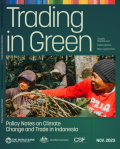
This study examines the carbon content of Indonesia's trade flows to assess how well the country is positioned to benefit from the global shift towards a low-carbon economy.
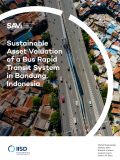
This report presents the economic valuation of a planned bus-rapid transit system in Bandung, Indonesia, including investment costs, added benefits and avoided costs.
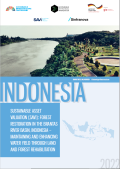
The case study details the use of the Sustainable asset Valuation (SAVi) tool to analyse the Maintaining and Enhancing Water Yield through Land and Forest Rehabilitation (MEWLAFOR) project.
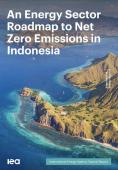
The IEA, in close collaboration with the Government of Indonesia, has developed this comprehensive roadmap, in line with the country's commitment to reach net-zero emissions by 2060.
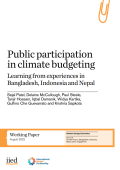
This case study explores the role of public participation in climate budgeting in these three countries by assessing these governments’ adherence to the Global Initiative for Fiscal Transparency (GIFT) principles of public participation in fiscal policy.

This case study reviews the status of green public procurement implementation in Indonesia, offering conclusions and recommendations.
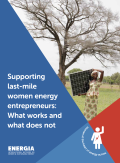
This report presents an overview of a programme that aims to upscale women-centric energy enterprises. Best practices from implementation in seven countries are analysed to support other organizations working on women's enterprise development.
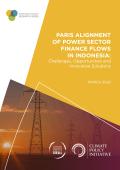
This brief aims to identify the challenges and opportunities in financing Indonesia’s ambitious targets on renewable energy towards an energy transition.
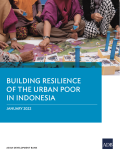
This case study identifies climate resilience solutions for urban poor in Indonesia and their enabling factors, building on national policies and programmes and taking into account the priority sectors for climate-resilient development.
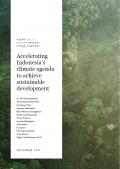
This case study reports on the various methods the Indonesian government has pursued to tackle climate change, starting with development of the National Action Plan for Reducing Greenhouse Gas Emissions in 2011.
